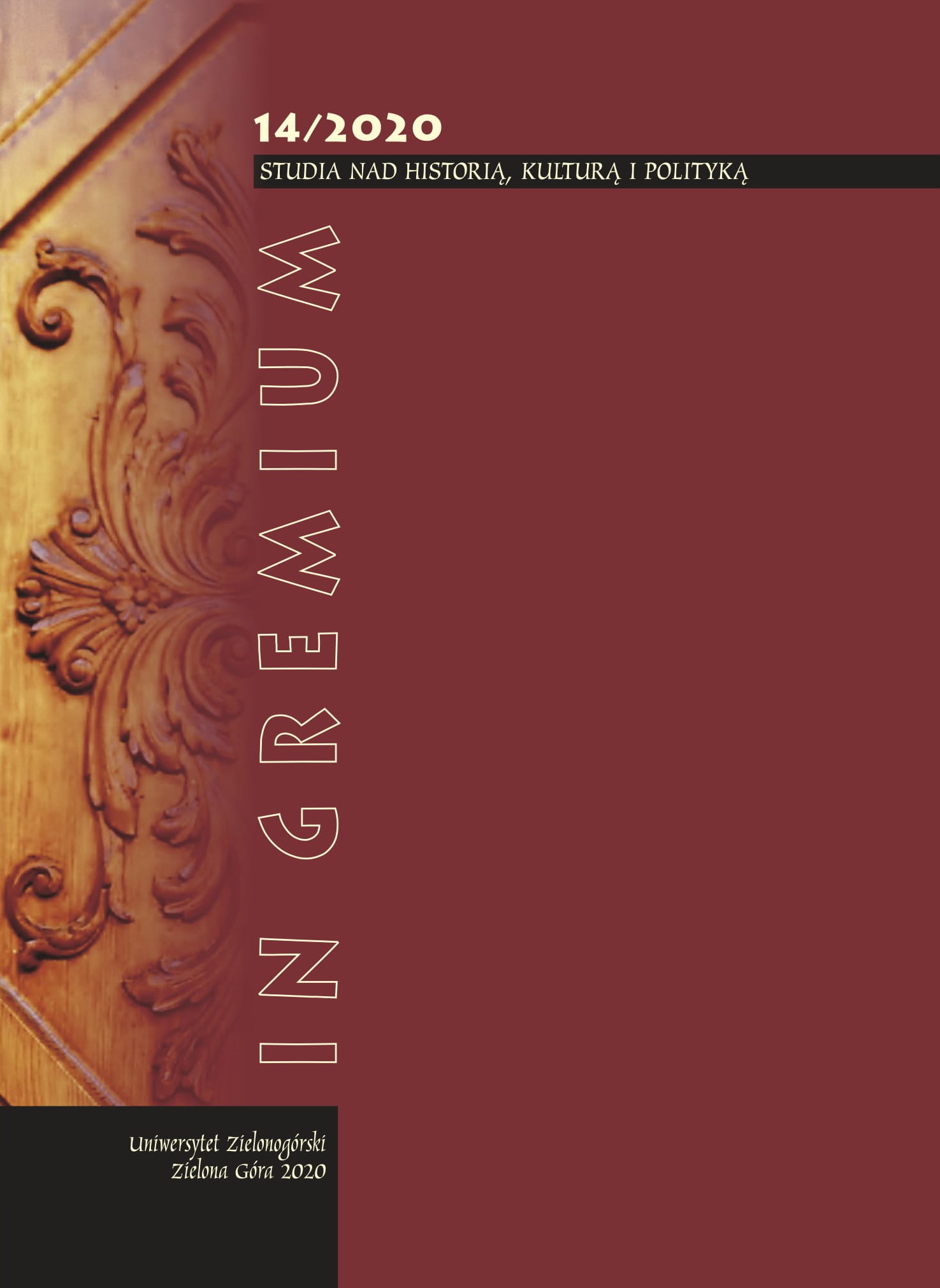Abstract
In the article, the author reconstructs the intellectual context relevant to Plato’s ‘philosophy of time’. First of all, since the previous to Plato tradition does not produce the unified concept of time, the problem of multiplicity of times is discussed. Then, the author examines the peculiar experience of the instability of time, linking dimensions of human behavior and cosmic order. Finally, the problem of affectivity of time and the need for standardizing of time for political coexistence is considered. It is argued that the concept of time is what allows Plato to connect micro-level of individual behavior with meso-level of politics and macro-level of nature.
References
The article was prepared within the framework of the HSE University Basic Research Program and funded by the Russian Academic Excellence Project '5-100'.

